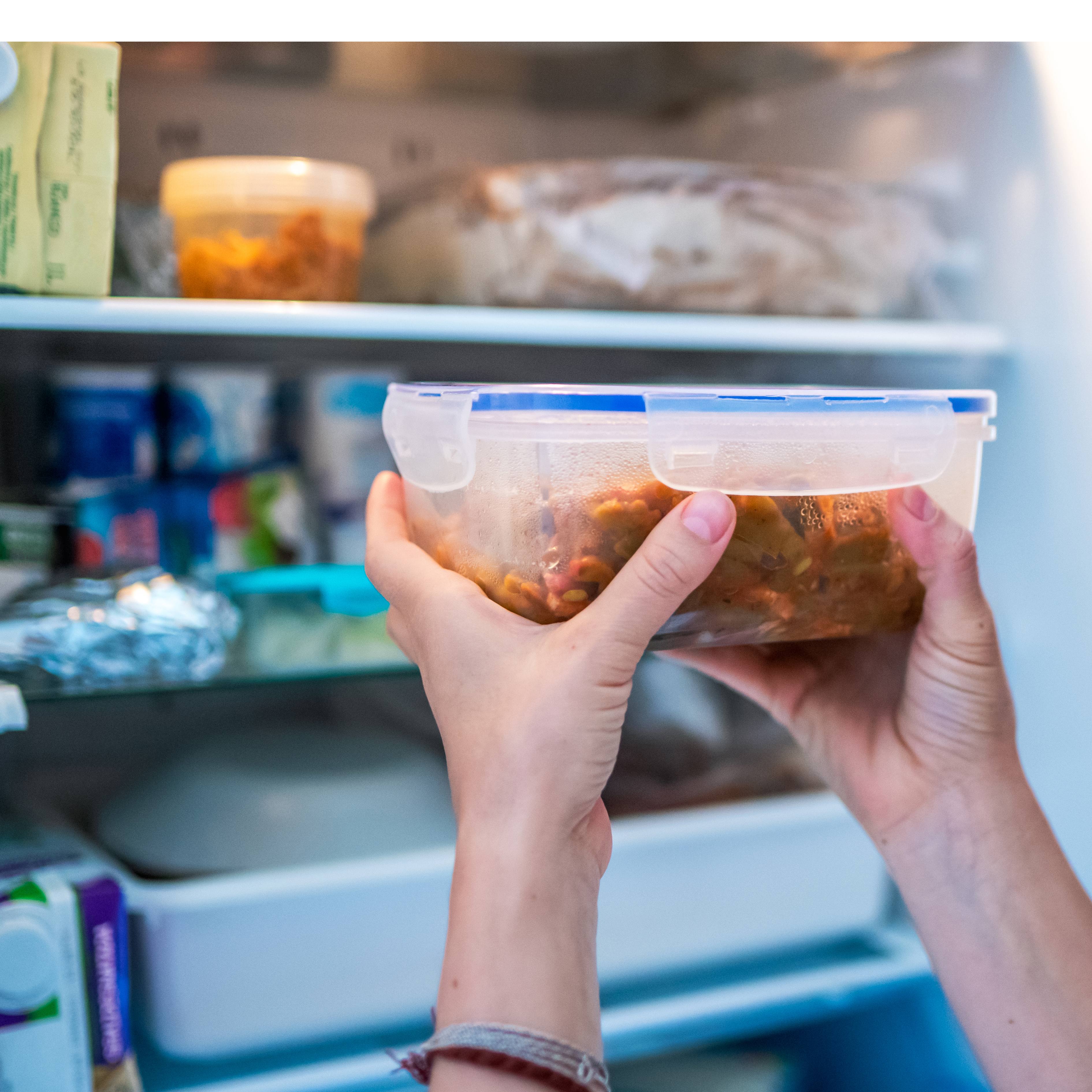-
Study: Food Restriction Prevents and Reverses Polycystic Kidney Disease in Mice
ROCHESTER, Minn. — Researchers at Mayo Clinic have found that a mild to moderate reduction in calories effectively prevents and reverses polycystic kidney disease (PKD) in mice. The results appear online today in the Journal of the American Society of Nephrology.
“Currently, there is no FDA-approved treatment, and the only thing that can be done is dialysis or renal transplantation,” explains Eduardo Chini, M.D., Ph.D., anesthesiologist and researcher for Mayo Clinic’s Robert and Arlene Kogod Center on Aging and lead author of the study. “We have found that a very simple measure, like decreasing the amount of calories that are taken in, even by only 10 percent, can very significantly decrease the burden of this disease.”
Researchers say the finding is a critical step toward effective treatment for PKD, an inherited disorder in which clusters of cysts develop primarily within the kidneys. The National Kidney Foundation estimates that 600,000 individuals in the United States have PKD, the fourth leading cause of kidney failure.
MEDIA CONTACT:
Megan Forliti, Mayo Clinic Public Affairs, 507-284-5005, newsbureau@mayo.edu
Journalists: Sound bites with Dr. Chini are available in the downloads.
Mayo Clinic researchers found that food restriction without malnutrition in mouse models prevented the development of PKD as well as decreased kidney inflammation, cellular injury and fibrosis. While a 40 percent reduction in calories almost completely prevented or reversed PKD in mice, even 10 percent was enough to have positive effects.
“We don’t know the impact in humans with polycystic kidney disease yet,” says Dr. Chini. “It is very likely, based on what we know in the animal models, that some mild restriction of calories could delay the disease in humans. And I’m not talking about cutting 40 percent of your calories, but something very mild like 10 percent, which would mean not eating one dessert or not drinking some soda.”
According to Dr. Chini, additional studies to further understand the impact in animals and then in humans with PKD are needed. Dr. Chini’s team also seeks to discover which kind of calories — fat, sugar or protein — are best to eliminate, and whether medications or a medication-diet combination could be an effective treatment for PKD.
The research was funded by the National Institute of Diabetes and Digestive and Kidney Diseases, National Institutes of Health; the Mayo Clinic Robert M. and Billie J. Pirnie Translational PKD Center; and the Ben J. Lipps Fellowship, American Society of Nephrology.
Others on the research team include Gina Warner; Kyaw Hein, M.B.B.S., Ph.D.; Veronica Nin; Marika Edwards; Doris Vargas; Claudia Chini, Ph.D.; Katharina Hopp, Ph.D.; Vicente Torres, M.D., Ph.D.; and Peter Harris, Ph.D., all of Mayo Clinic.
###
About Mayo Clinic
Mayo Clinic is a nonprofit organization committed to medical research and education, and providing expert, whole-person care to everyone who needs healing. For more information, visit http://mayocl.in/1ohJTMS, or https://newsnetwork.mayoclinic.org/.







